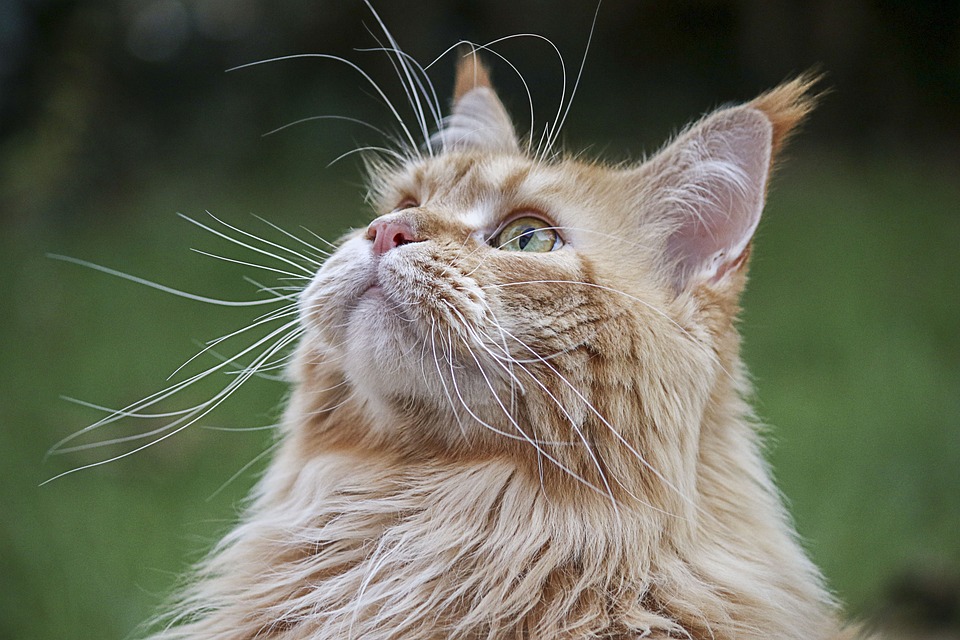Cats are known for their independent and seemingly carefree nature, but just like humans, they can experience stress that greatly affects their overall health and well-being. As responsible cat owners, it’s crucial to recognize the signs of stress in our feline companions and take proactive measures to mitigate it. In this article, we’ll explore the various ways stress can impact a cat’s health and provide tips on how to alleviate stress for a happier, healthier feline friend.
1. What is Cat Stress?
Cat stress refers to the emotional or physical tension experienced by cats due to various factors in their environment. Cats are sensitive creatures, and changes in their routine, household dynamics, or even subtle alterations in their environment can trigger stress. Similar to humans, stress can manifest in different ways and have a significant impact on a cat’s overall health.
2. How Does Stress Affect a Cat’s Health?
Stress can lead to various health issues in cats, both physical and psychological. Chronic stress weakens the immune system, making cats more susceptible to infections, illnesses, and diseases. It can also exacerbate pre-existing conditions such as asthma or digestive disorders. Additionally, stress can cause behavioral problems, including aggression, excessive grooming, or litter box issues, which further affect a cat’s well-being.
3. Common Signs of Stress in Cats
Recognizing the signs of stress in cats is essential for early intervention. Some typical indicators include:
– Changes in appetite, either increased or decreased.
– Increased vocalization or excessive meowing.
– Withdrawal from social interactions or hiding.
– Inappropriate elimination outside the litter box.
– Aggression towards humans or other animals.
– Excessive grooming resulting in hair loss or skin lesions.
– Destructive behavior, such as scratching furniture or walls.
4. Identifying Stress Triggers in Cats
To effectively manage a cat’s stress, it’s crucial to identify the specific triggers causing it. Potential stressors can include:
– Changes in the household, such as moving to a new home or the addition of a new pet or family member.
– Environmental changes, such as rearranging furniture or introducing new objects.
– Loud noises, such as construction work or thunderstorms.
– Lack of stimulation or environmental enrichment.
– Inconsistent feeding or play schedules.
– Lack of privacy or safe spaces for the cat to retreat to.
5. Tips to Reduce Cat Stress
Reducing stress in cats requires a multi-faceted approach. Here are some tips to help alleviate stress and promote a healthier environment for your feline companion:
– Maintain a consistent routine for feeding, playtime, and litter box cleaning.
– Provide environmental enrichment, such as interactive toys, scratching posts, and perches.
– Create safe spaces for your cat to retreat to, such as a cozy bed or a secluded room.
– Use pheromone products, such as Feliway, to create a calming atmosphere.
– Gradually introduce changes to the cat’s environment, giving them time to adjust.
– Ensure ample social interaction and playtime to prevent boredom.
– Minimize exposure to loud noises or sudden disruptions.
– Consult with a veterinarian about potential medications or supplements to reduce stress if necessary.
6. Frequently Asked Questions (FAQs)
Q: Can stress cause urinary problems in cats?
A: Yes, stress can contribute to urinary problems in cats, such as urinary tract infections or feline idiopathic cystitis. It’s important to address the underlying stress to prevent these issues.
Q: How long does it take for a stressed cat to calm down?
A: The time it takes for a stressed cat to calm down varies depending on the individual cat and the severity of the stressor. Some cats may need a few hours, while others may take several days or even weeks. Patience and a stress-free environment are key.
Q: Can stress lead to weight loss in cats?
A: Yes, chronic stress can cause weight loss in cats. Stress affects appetite, and some cats may lose interest in food or experience digestive issues, leading to weight loss. Regular veterinary check-ups are crucial to monitor a cat’s weight and overall health.
Understanding the connection between cat stress and health issues is vital for providing optimal care and ensuring your feline companion’s well-being. By recognizing the signs of stress, identifying stress triggers, and implementing stress-reducing techniques, you can help your cat lead a happier, healthier life.








